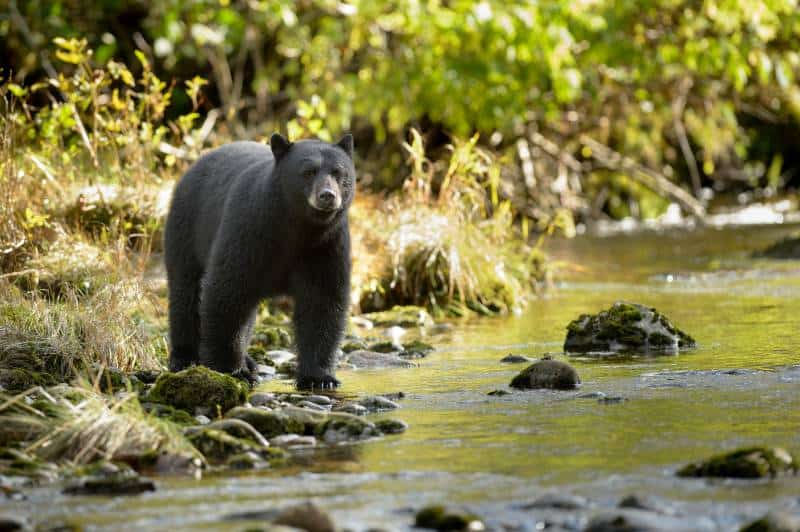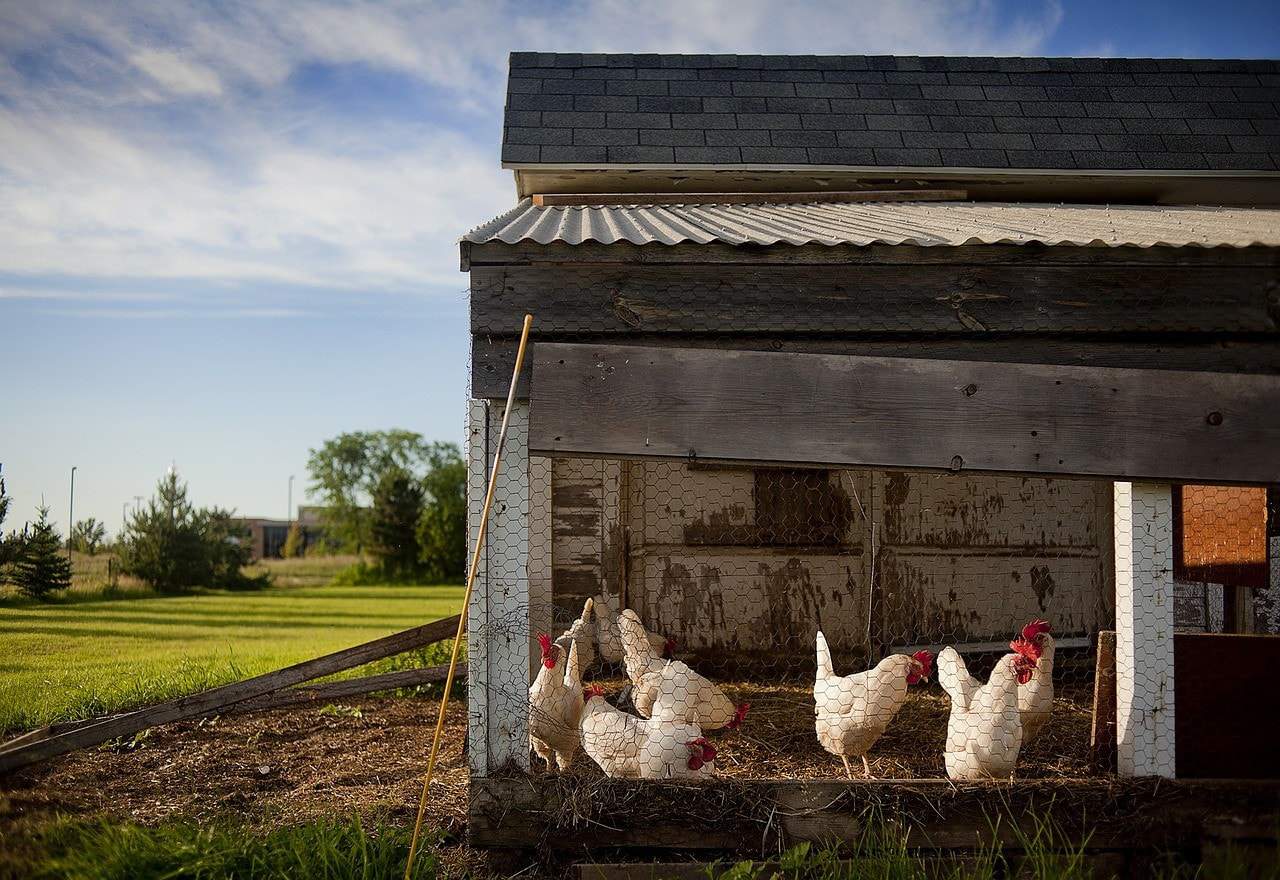Approved by Dr. Luqman Javed
For the chicken keeper who shares a space with bears, protecting your flock can be a tricky endeavor. While bears may not seek chickens as their top source of food, bears are opportunistic hunters who will eat anything they can easily catch.
Your chickens might be tempting if a hungry bear strolls by, even more so if they’re easy for the bears to get to. Keep reading to learn more about what bears eat and the simple steps you can take to try to keep your chickens safe from bears.

Where Do You Need to Worry About Bear Attacks?
Bears do not inhabit all landscapes; however, depending on where you stay with your flock, you might to keep an eye out for bears. For example, the bears most commonly seen throughout the United States are black bears. They live along both coasts and in some inland areas. As humans have encroached on their natural habitats, bears have become increasingly desperate for places to live and eat. This has led to more bear sightings in residential areas as they hunt for food and shelter.

What Do Bears Eat?
Bears are omnivores. This means they will eat a little of everything. Common foods in the wild that bears like to feast on include:
- Berries
- Fish
- Insects and larvae
- Grass
- Succulent plants
- Roots
- Meat
Bears will kill young deer, moose, and elk, although it’s rare for them to kill the adults of those species. Along with wild animals, bears will hunt and kill livestock, especially smaller animals like sheep, goats, and yes, chickens.
Tips for Keeping Chickens Safe
Bears are attracted to several things found on human property, including:
- Human garbage
- Fruit trees
- Pet and livestock food
Once they’ve arrived on your property, a bear will eat anything that they can get their paws on. To keep your chickens safe, it’s recommended that you:
- Keep your yard free from garbage and other debris that can attract the attention of a hungry bear. This goes for your compost pile as well. Keep it far away from your chickens.
- Store your chickens’ food in a secure place, such as a barn or garage so the bears have a harder time sniffing it out.
- Using motion-sensing lights in your yard can also discourage return visits from hungry bears as they’ll startle the bears when they enter your property
- Relocate beehives to areas away from your chicken coop. Bears love honey and will try to get to the beehives around your chickens.
- Ensure your chickens are in a secure coop at night with a bear-proof door.
- Set up appropriate fencing around your house to keep predators away from your flock.

Even if you do these things, bears may unfortunately still get into your yard and eat your chickens. They can easily scale wooden fences and are notorious for remembering where they’ve found food in the past. Unless your coop is bear-proof, they can easily tear down its walls and access your chickens.
One solution to try is to put electric fencing around the chicken coop. This may help discourage bears from eating your chickens and they’ll instead move on to other, more easily accessible food choices.
If the problem gets too big, you should contact a wildlife control expert who may be able to recommend other solutions for your problem.

Final Thoughts
Bears are opportunistic omnivores which means they’ll happily eat any food they can get their paws on. The chickens and eggs in your coop are tasty and easy-to-catch treats. Once a bear knows you have food, both chicken and otherwise, available for them to scoop up they’re highly likely to return in search of more.
Though preventive measures are necessary against bears and all other predators, it is important to alert wildlife authorities of the presence of a bear in your neighborhood, as they may pose a safety risk to the community.
Featured Image Credit: LTapsaH, Pixabay
